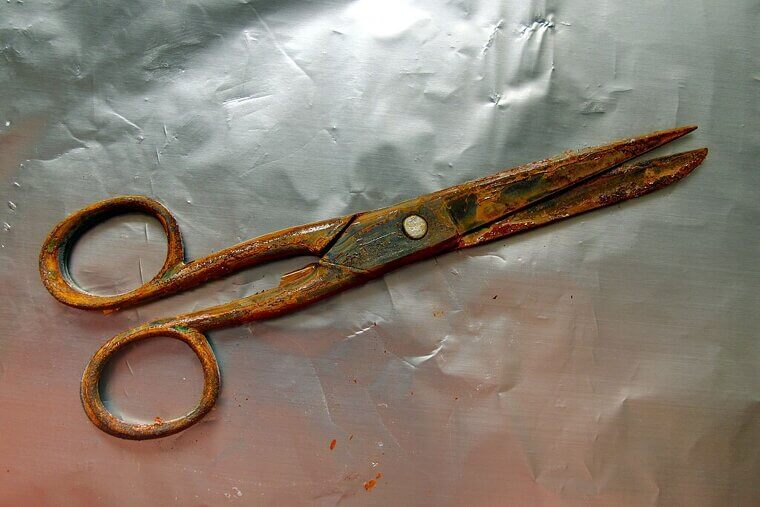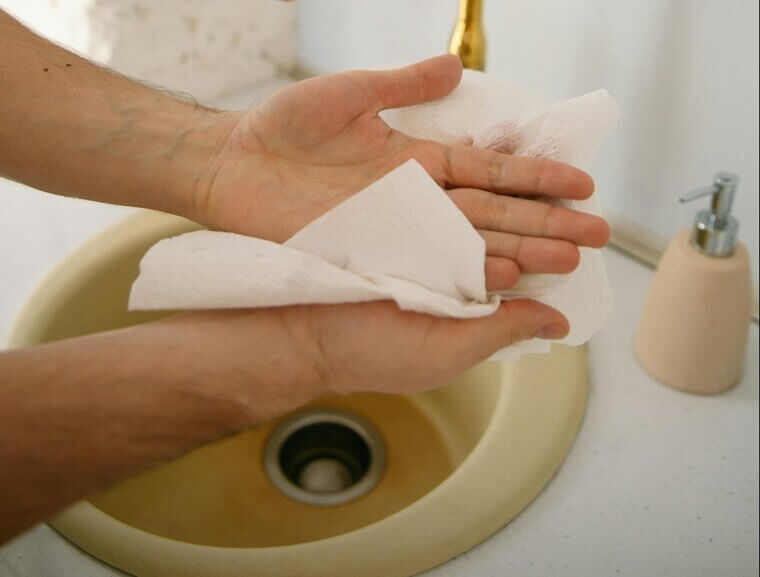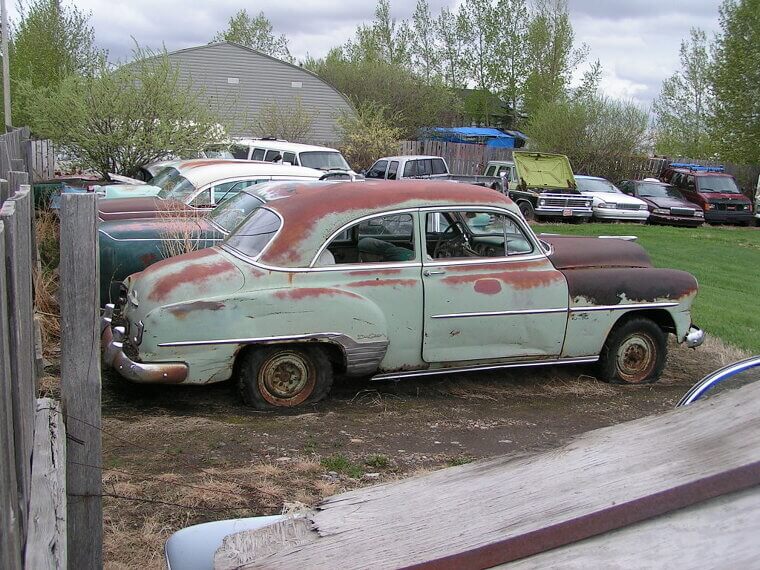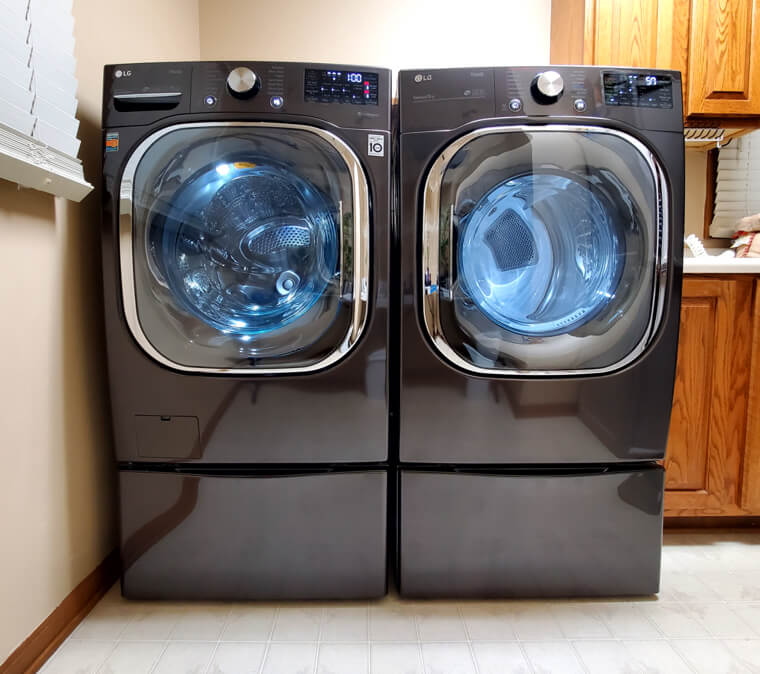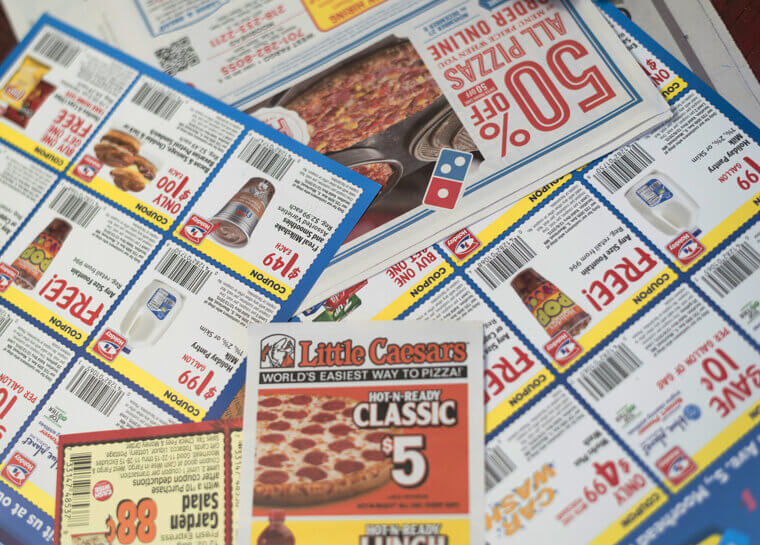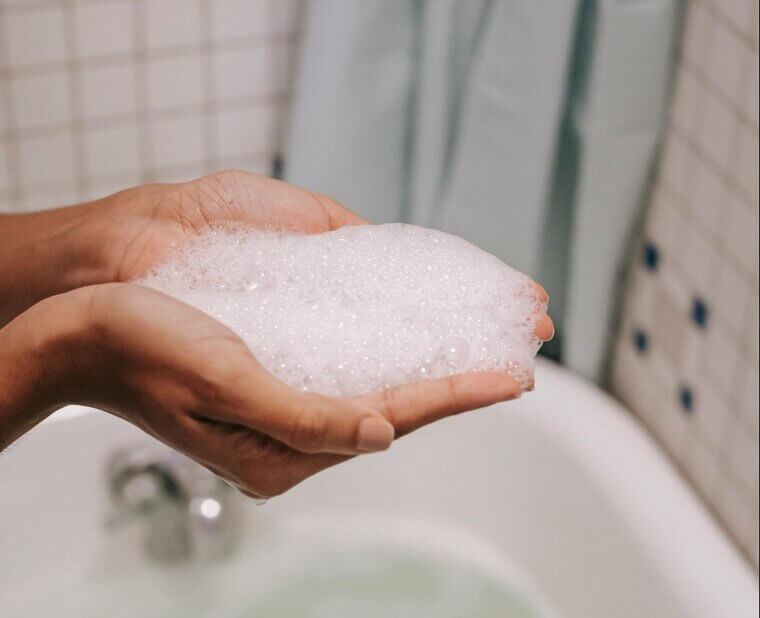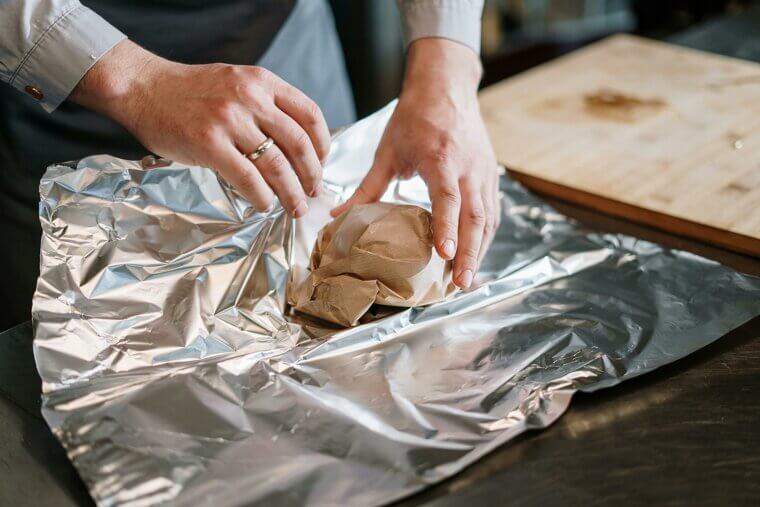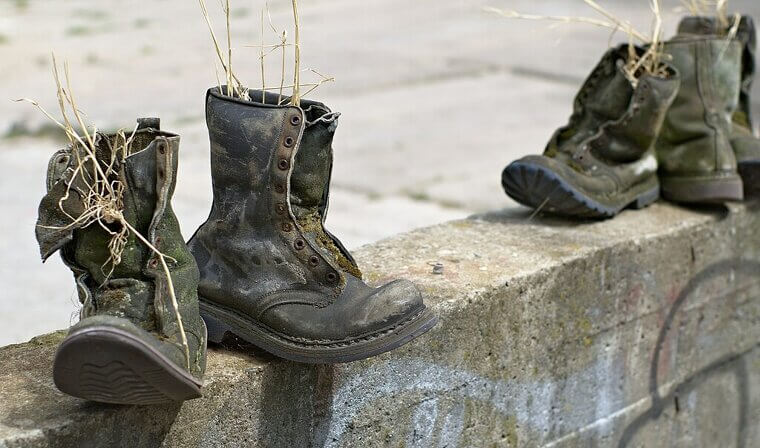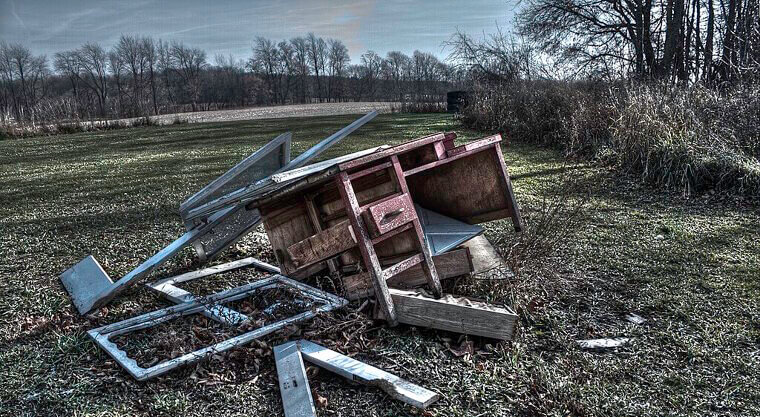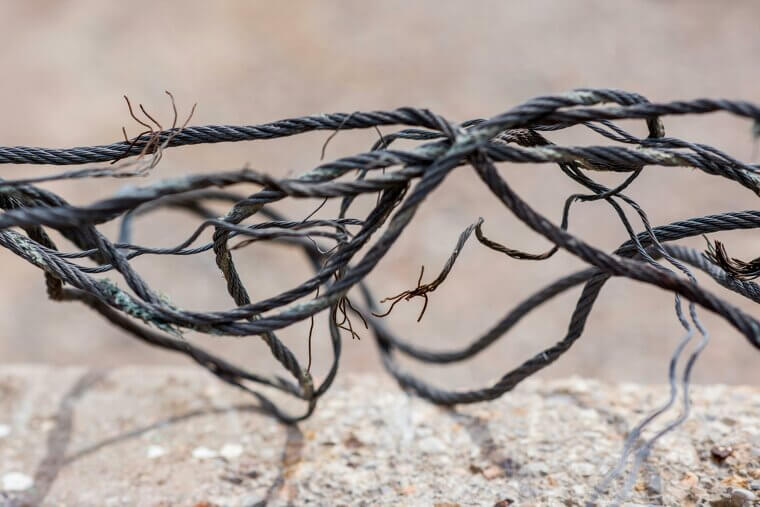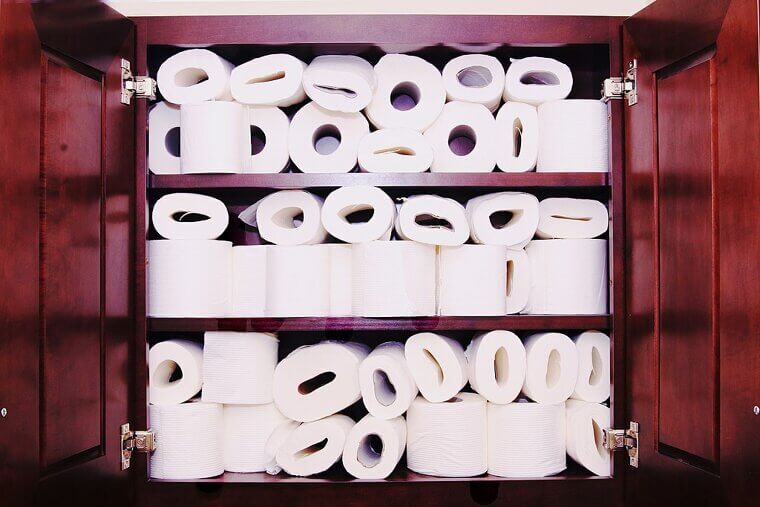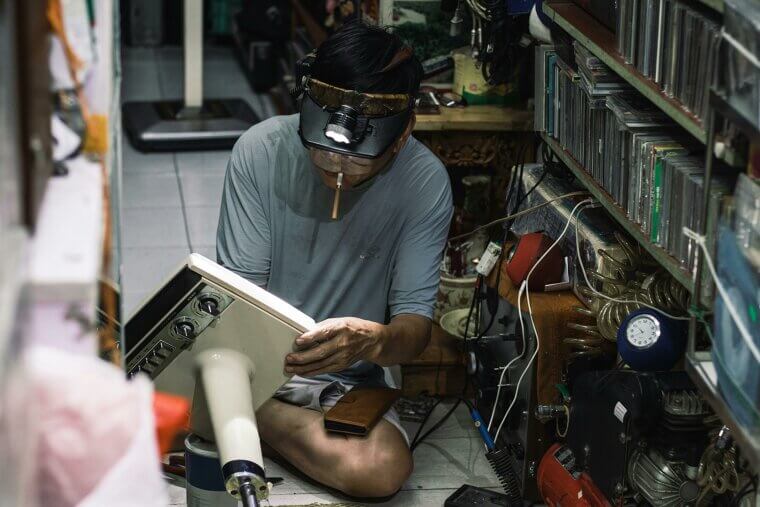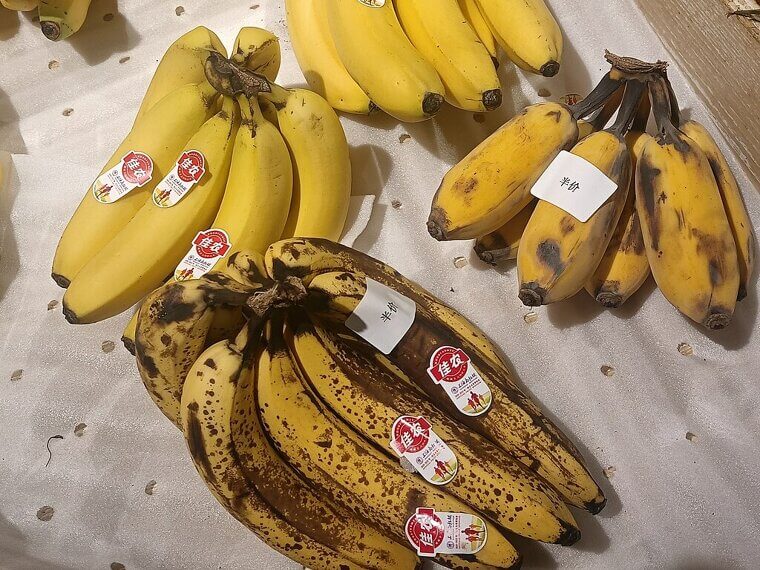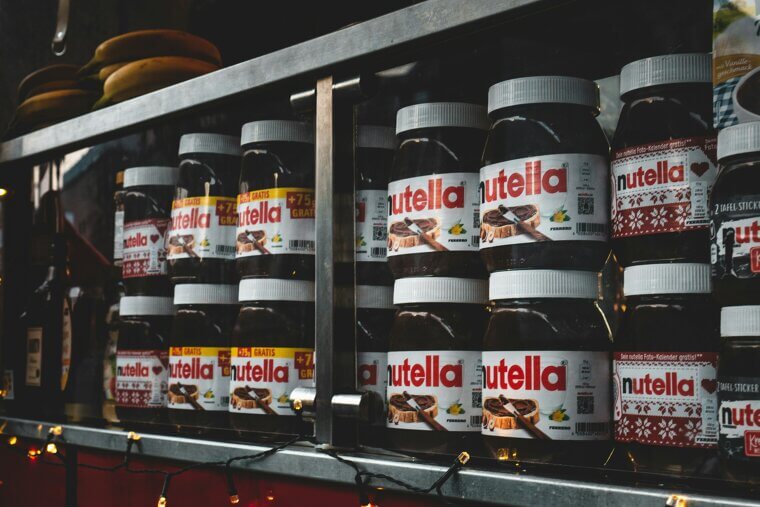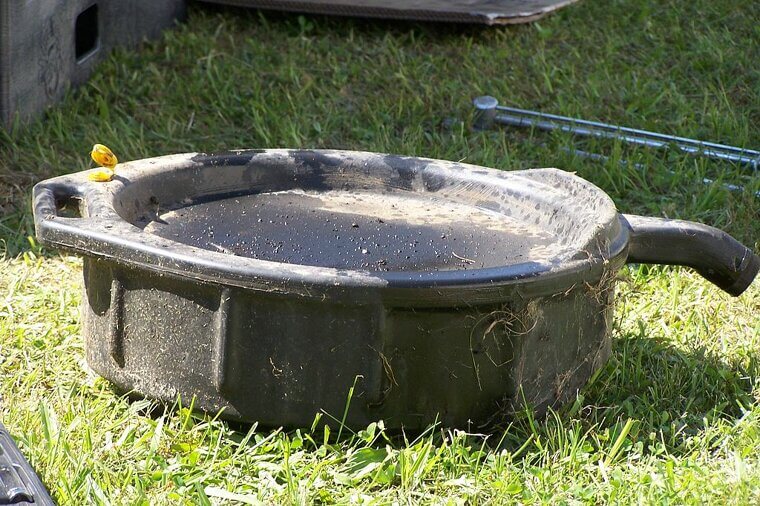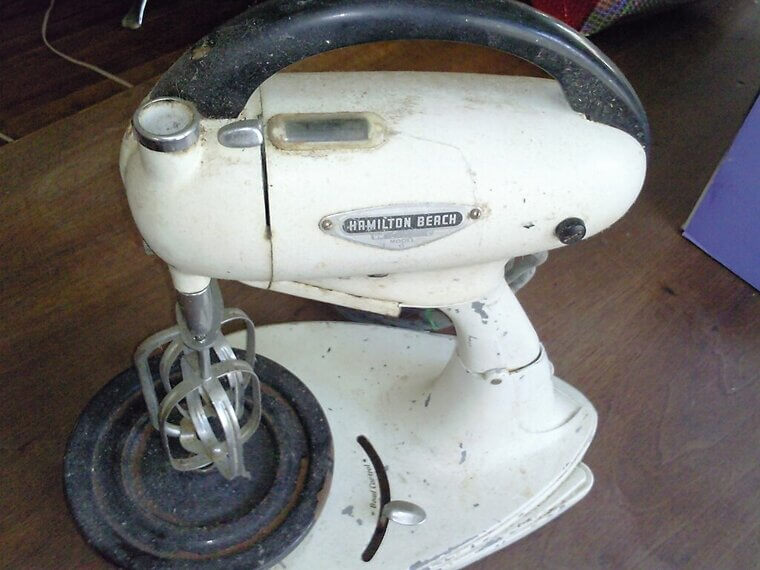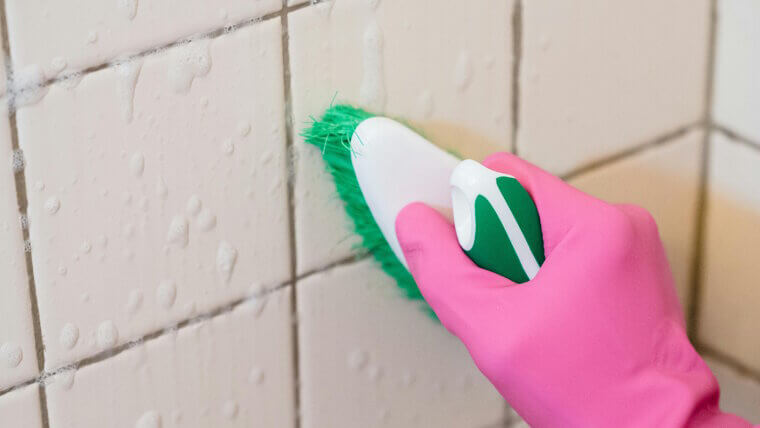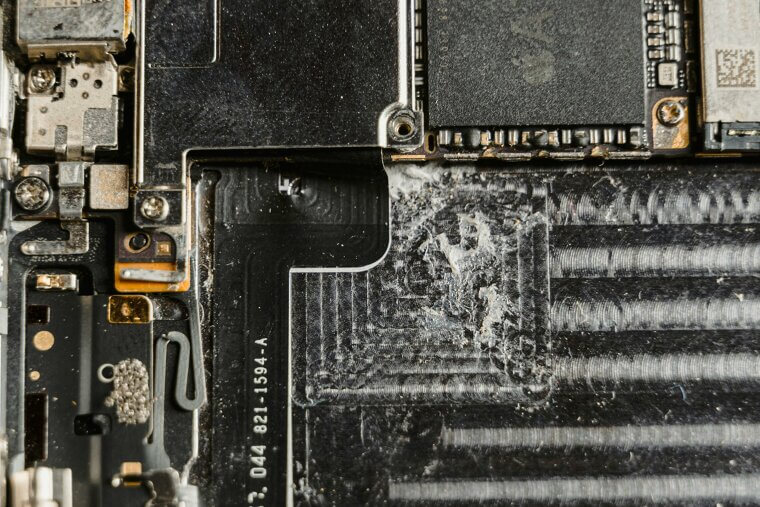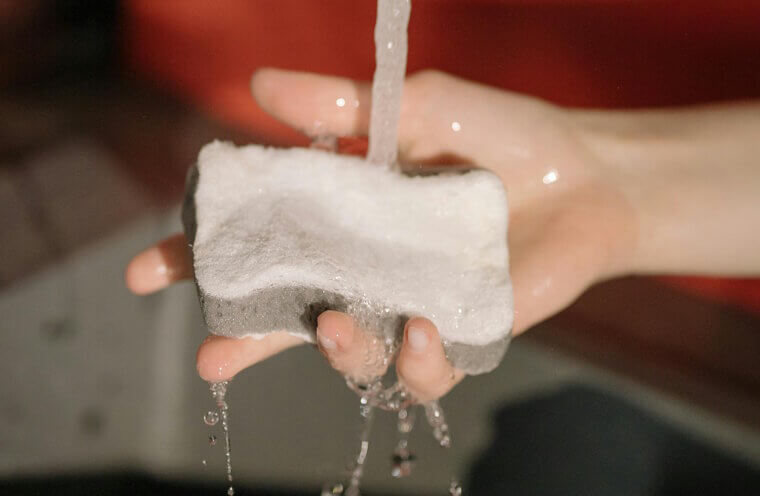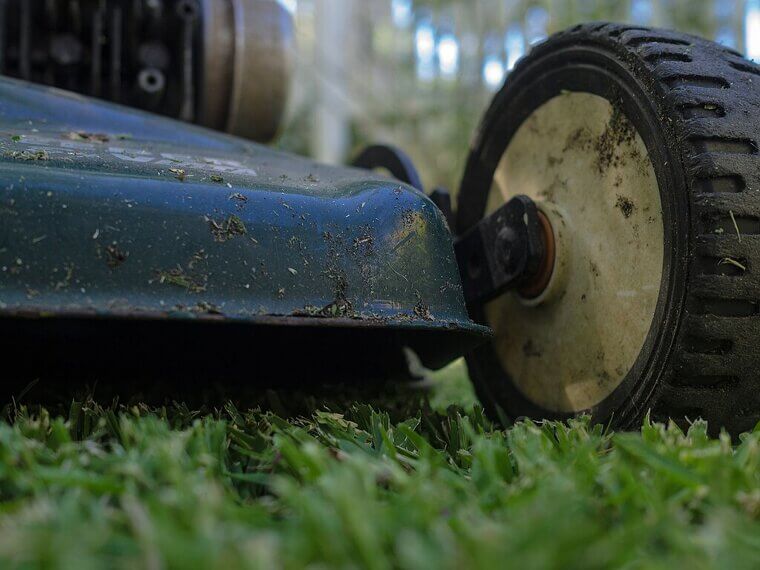We're All Trying to Cut Costs
Prices are rising and budgets are getting tighter, so it makes sense that more people are looking for creative ways to cut costs. But not all money-saving tactics are worth it. There’s a big difference between being thrifty and making decisions that end up costing more down the line. Some shortcuts may feel smart in the moment but lead to poor results, extra stress, or unexpected expenses. Whether it’s skipping necessary maintenance, settling for ultra-cheap fixes, or letting clutter take over your space, these strategies can backfire. Here are some of the worst habits that just aren’t worth the savings.
Reusing Ziplock Bags
Are you one of those people who uses ziplock bags for everything? They’re handy, but an idea occurs: what if you reused them and cut the amount needed by half? It sounds like a good idea on the surface, but it will cost you further down the line - probably on medical bills. Bacteria from one bag would love to get crazy with the stuff from another, and soon you’ve got a germ love-in happening inside your recycled food bags. Cross-contamination can cost you in more ways than one, and saving small change on a few disposable bags isn’t worth your health.
Driving Across Town for Cheaper Gas
If you covet gas like Mad Max traversing a desert wasteland, you probably have a trick or two to save money when topping up your car. You may want to take another look at those ideas though, and make sure you’re not running a gauntlet for nothing. Are you spending $3 in fuel for a 40 cents saving? That’s not being frugal, buddy; that’s math-based mind torture, and it’s definitely not worth the wear-and-tear on your vehicle. Visit the local gas station instead, for the sake of your sanity and your wallet.
DIY Haircuts
This one doesn’t really apply if you’re an expert hairdresser or if you’ve got a lot of experience cutting your own hair. However, lockdown saw a lot of people dabble in giving themselves DIY haircuts, and the results were traumatic for all involved. Let’s not go back there again. Using a kitchen bowl and a pair of rusty scissors to take chunks out of your hair doesn’t save you money when you have to visit a salon to clean up the aftermath. And you’re probably going to spend more money on hats in the meantime to hide your shame.
Washing and Reusing Paper Towels
Sure, there are reusable paper towels out there, and yes they’re fine if you’re using them correctly - they’re made of tougher stuff than the disposable kind. But some people take it upon themselves to treat disposable paper towels in the same way, and that’s a whole other story. Just because you can dry out a paper towel and use it like a tiny dishcloth doesn’t mean that you should. They end up looking like a kitchen war veteran who has seen things. They also fall to pieces at the first opportunity, so ditch the frugal flex.
Driving an Unsafe Beater Car
Does your car look like something Fred Flinstone would drive? Are you sticking your feet out the floor and running along the road instead of actually using the engine? You deserve better than driving a rattling bucket of bolts that needs more oil than the Tin Man in the rain. Car maintenance can be expensive, but it only mounts up when you ignore it. And should you get to the stage where your car is more rust than vehicle, it’s time to open up your wallet and buy a new one before it turns into a metal coffin.
Making Your Own Laundry Detergent
Yeah, it’s possible to make your own laundry detergent, and some people swear by it - those that want to avoid harsh chemicals, especially. If you’re doing it to save money, it technically does the job… but the tiny amount that you save may leave you feeling washed out. You only sheer a few pennies off each load and there are other downsides, too. DIY detergent doesn’t dissolve as well in the washing machine so it might clog up the works. Eventually, it even traps dirt and odors too, so you end up needing to wash clothes more frequently!
Extreme Couponing for Things You Don’t Need
There are plenty of coupon offers out there, and some people feel the need to hoard them like an 1980s housewife in order to “save money.” The end result is a stack of coupons for things you don’t want or, even worse, a pile of products you don’t need. It might feel like you’re saving money, because look at all the cash you saved. But if you weren’t planning on buying those items anyway, you’re throwing away money and causing clutter, which ramps up anxiety. You end up overspending on savings - hello, irony!
Diluting Shampoo or Soap
When your shampoo bottle is running low, adding water to your product and making it stretch further makes you feel like a thrifty bartender, and it extends the use of your toiletries, right? Not really, because those items are created with a fine balance of chemistry, which you’ve just tipped. Your cleaning product now does its job much less effectively - costing you more money over time - and may spoil faster. But even worse, your skin and scalp might dislike your cheeky changes and revolt against you like Victorian barflies who’ve discovered what you did to their drinks.
Reusing Aluminum Foil
As a general rule, anything that has stains on it shouldn’t be reused, and when it comes to kitchen materials, that goes doubly so. Which means if you’re stuffing aluminum foil back in the oven after it’s served it time, you’re not saving money - you’re committing a culinary crime! The victim is you, and you’re serving yourself up a plate of sadness and bad hygiene. Once foil has been in the oven, it loses its effectiveness, tears easily and doesn’t block heat as well. Plus, who knows what kind of germs are living on its surface?
Wearing Worn-Out Shoes
When your shoes have devolved into sandals to give your toes breathing room, you know it’s time to rethink your approach to footcare. However much you think you’re saving, you’re just exposing your own Achilles heel - sometimes literally if things have gone too far. What began with a desire to save money ended up with the slow erosion of your footwea; before you know it, you’ve got problems with your ankles, feet, knees and back and chiropractor bills through the roof, all for the lack of a decent pair of shoes.
Skipping Insurance to "Save" on Premiums
“What are the chances I’ll actually need insurance?” said every person who wound up with a huge bill shortly after making that decision. Insurance feels like you’re paying over the odds for nothing, so it seems prudent to skip it and save the cash… until you’re shedding money and tears. One health problem or accident later, and you’re looking at five-figure medical bills, or having to drain your life savings to pay for repairs for the flood that hit your home which wasn’t disaster-insured. Because savings. No one wants to use insurance, but it can be a literal life saver.
Filling Your House With Cheap Furniture
If you find a deal for a chair that seems too good to be true, it’s probably going to collapse the minute you sit on it and try to eat you like a mimic from a fantasy game. Cheap furniture is usually made of even cheaper materials for a quick cash grab. It sounds like a good deal at first, until you realize you’ve had to replace your furniture three times in a year when you could have bought a more solid piece for slightly more that would last decades. Buy smart and avoid making a forest of furniture with wobbly legs and sharp corners.
Using Old Spices Forever
They look like dried leaves and they smell like dust to begin with, so why bother with expensive fresh spices when you can use ones that came from a cupboard during Honest Abe’s presidency? Surely they don’t go bad anyway, right? Actually, it’s rare, but they do! Although they don’t rot like food, spices can attract bugs, moisture or grow mold on rare occasions. The more immeditate problem, however, is that they’re like the ghosts of seasonings past - they don’t taste of anything but lies and false hope. It’s not the best way to flavor your dish.
Canceling Subscriptions You Actually Use
Subscription fees are everywhere these days and they tend to accumulate without you noticing. So if you genuinely don’t use them, go ahead and cut them from your life to save cash. But if you’re getting rid of ones you enjoy, it’s probably more damaging to your mental health. If a subscription enriches your life and brings happiness to it, cutting that from your routine will just add more stress and boredom, which is detrimental to your wellbeing. Budget for it, or get rid of the sub to that gym you never visited instead. Entertainment fights burnout.
Hoarding Cheap Junk “Just in Case”
“I might need this someday” is the warcry of thrifty enthusiasts everywhere, but some things are destined for the trash, and no amount of upcycling can save them. Pens with ink long gone, broken potato peelers and old cables that don’t match anything are all prime examples. On the rare occasion you do keep something you’ll need, it’s usually lost under the mountain of other “just in case” specimens, but most of the time you’re just filling up space, accumulating clutter and punishing your sanity. If you haven’t used it in a year, you probably never will.
Turning Off the Heat Completely in Winter
Pre-character arc Scrooge would approve of shutting off your heating entirely, but since we’re in the modern era of timers, thermostats and insulation, there are smarter and more thrifty ways to reduce heating bills other than just cutting them off at the source. It’s just not healthy! If you’re wrapping yourself in a blanket and trying to shiver yourself warm, you’re exposing yourself and your home to dangerous levels of cold. Pipes can freeze and burst (hello, repair bills) mold can grow in your home (much costlier than heating bills) and you can even make yourself sick.
Only Buying the Cheapest Toilet Paper
Yes, toilet paper is just used for the more messier end of things and no matter how much you spend it goes to the same place. However, cheaping out with single ply rolls is almost as bad as using newspapers, except you don’t get something to read! Seriously though, the cheap stuff disintegrates when you don’t want it to (usually mid-wipe) and doesn’t when it should - like when you flush for example - potentially causing blockages. It doesn’t do wonders for your skin either, so institute a 2-ply minimum rule. Your tush will thank you for it.
Avoiding the Doctor Until It's an Emergency
There’s no doubt that healthcare can be an expensive business. On the other hand, it’s not a good idea to try and outlast whatever issue you have if it’s a real concern. Medical problems can escalate quickly, and often the sooner you get them treated the less it will cost. Doctor Google can only tell you so much, and let’s be honest, when you’re looking up your own symptoms you’ll convince yourself you got everything - including diseases that have been extinct for centuries. See your doctor if you get sick to save on stress, anxiety and potential emergency care later.
Fixing Everything Yourself Without Knowing How
Thanks to the rise of DIY culture and the internet, you can find a video that tells you how to fix almost any problem you have around the house… if you know what the exact problem is and have the right tools. What you’re missing is professional knowledge. Whether it’s an issue with your DIY source or you’re unfamiliar with the systems, loads of things can go wrong and suddenly your leak has turned into a personal swimming pool intruding on your living room. Hiring an expert is just a cheaper alternative, and there’s less personal risk of dangers such as electrocution.
Eating Expired Food Regularly
Best before dates are a loose guideline, but expiration dates? You need to stick to those suckers like glue, or you’ll get a storm in your stomach that wants to be freed… one way or the other. Ignoring the dates on perishables is a particularly dangerous line to wander from. The fact that nutritional value decreases as food gets older is among the least of your problems. There’s also the build-up of toxins, bacteria and mold which your body loves to hate - you’ll save money because you’ll be spending days on the toilet regretting your decisions. That’s not particularly frugal.
Buying in Bulk When You Live Alone
More for less is always good, right? Well, actually, there are occasions when you’re better off taking the lesser option. This is especially true if you live alone; you probably only need one or two bags of rice, not fifty, and overstocking is definitely not as thrifty as it sounds. If you don’t manage to eat it before it spoils, all that extra food isn’t a saving - it’s just going to waste. And if you really want to get rid of your excess stock, you might end up overeating or wasting it because it’s so plentiful. Bulk-buy stuff you can use, not just because it’s a good deal.
Skipping Oil Changes for Your Car
While it may seem like a thrifty decision at first, denying your car an oil change is like refusing to give a dying patient a blood transfusion - your vehicle is living on borrowed time. It’s not an optional service, it’s a necessity… assuming you want to keep your car, of course! As oil ages, it turns into sludge which gums up the mechanisms of your vehicle. Fuel efficiency nosedives, performance drops and your car makes pained noises. Eventually, you risk total engine failure, and the only fix is a huge repair bill or a new car.
Not Replacing Old Appliances
When you’ve owned an appliance for so long it’s starting to get opinions? That’s when it’s time to exchange it for a new one! Sure, it might still work - barring the occasional scream - but you should retire it before it gets enough independence to walk out by itself. There’s loads of reasons it could actually be costing you more. If you’re paying for repairs, for example, they’re more expensive than a brand new appliance. Older models are also electricity gremlins, and gobble up energy quicker than modern ones. And did we mention the fire hazards?
Using the Cheapest Cleaning Products
When it comes to cleaners there are some cheap options around, but budget doesn’t always equate to good. This is especially true of cleaning products - some of them are so weak they’re not so much killing bacteria as giving it a warm sponge bath and some fresh scenery. Not only do you end up using twice as much cleaner as you would do with a higher quality product, they’re often made with harsher chemicals that can damage your worktops. If it requires you to work harder and still leaves odors, it’s time to switch brands.
Refusing to Throw Away Broken Electronics
Have you become a trash dragon sitting on a hoard of broken electronics you always planned to fix but never got around to? One or two items isn’t a problem; it’s when you’re in a time-lost museum that you should clear house - or at least charge people for admission. Chances are, most of your “treasures” are no more than massive paperweights, and those old batteries have a tendency to become unstable. They can leak and damage other objects, costing you money instead of saving it. They might even pose an eco risk if they’re not handled properly.
Reusing Old Sponges Forever
It looks vaguely like a sponge and it still smells vaguely like a sponge, so it’s still fine to use, won't it? Actually, frequently-used sponges are like rave parties for bacteria; they’re moist, warm and exposed to food particles like an all-you-can-eat buffet. You’re essentially wiping germs all over the place to save money, and while sponges are super cheap, the ensuing illnesses you can get from them are not. Switch them out every week or two, or give it a name and take it for a walk.
Skipping Sunscreen to Save Money
Sunscreen seems like a beach-only cosmetic, but the sun doesn’t care if you’re on vacation or not. Even when it’s peeking from behind the clouds you’re still getting UV rays, so if it’s warm put on sunscreen; it’s worth it in the long run. Sunburn doesn’t just make you red and peely like something from an ’80s horror movie - long-term UV exposure can increase your risk of cancer and has a detrimental effect on your skin. Sunspots and premature aging are all signs of spending too much time in the sun; spend money on solar protection instead of dermatological surgery.
Ignoring Self-Care Because It’s "A Luxury"
When people think of self-care, they often picture luxuries such as bubble baths and spa days, but it’s much more than that. Taking time out for yourself to enjoy life and relax is essential to a healthy life, mentally and physically - especially if you have a stressful job and deadlines! Our bodies are technically machines made of flesh wires and soggy batteries, so we need time for self-maintenance. Without that, all our systems start to shut down until we’ve had rest - usually at the worst possible time. Anxiety, depression and burnout all come to visit, so take some time to look after yourself.
Never Taking Vacations “To Save”
Vacations can be a punch to the wallet, but that all depends on what you do and where you go. You don’t have to take a break to an exotic place to feel at peace or get some rest - you can visit somewhere local, or stay at home and just take some time to breathe. The ironic thing is that you’re actually much less productive if you don’t have a time out every once in a while. You become stressed, lose focus and make more mistakes, so productivity nosedives. You might even develop health issues and become forced to slow down - do it by choice instead!
Borrowing Stuff You Use Regularly
There’s no harm in borrowing something from a friend, but when you’re doing it so much you might as well invest in a controlling stake of the product, that’s when you have to ask yourself a question: “Maybe I should buy one instead?” Ghost-renting will cost you time, and you risk potentially losing said friend when they stop taking your calls because they know you want the lawnmower again. Damage fees, maintenance and potential replacements all add up; if you use it a lot, it's yours - why not get your own?




